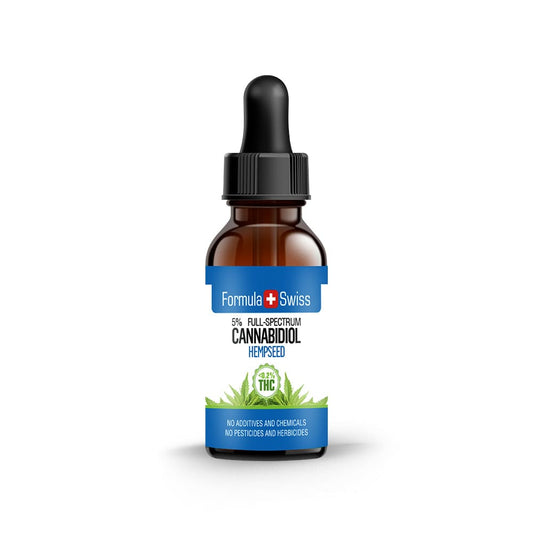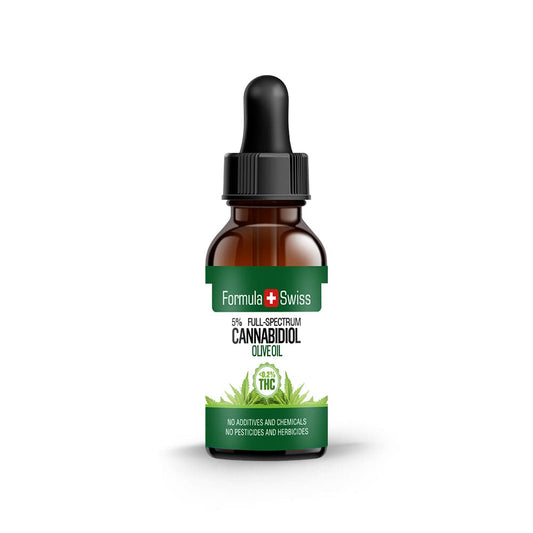Thailand's Progressive Stance on Cannabis
Thailand has long recognized the medicinal potential of cannabis, with its rich history in traditional Thai medicine. However, the Narcotics Act of 1979 classified cannabis as a narcotic, prohibiting its use.
Fast forward to 2019, the Thai government began easing regulations, allowing cannabis for health and medical purposes, making Thailand a pioneer in Southeast Asia in this regard.
Decoding the Cannabis Regulation
Despite the initial legalization for medical use, cannabis and hemp remained under category 5 of narcotic substances, imposing several limitations. However, a significant change occurred in December 2020 when specific parts of cannabis and extracts were delisted from this category, paving the way for broader applications.
Key Components of the Regulation
- Fiber, stalk, stem, root, and bark of the cannabis plant.
- Leaves without flowers and inflorescence.
- Extracts with cannabidiol (CBD) having tetrahydrocannabinol (THC) not exceeding 0.2% of the weight.
- Residue or waste from cannabis extract with THC not exceeding 0.2% of the weight.
Despite these advancements, the use of cannabis remained limited due to complex legal barriers and restrictions on which parts of the plant could be legally used or commercialized.

Licensing and Eligibility
The government introduced regulations for obtaining licenses to produce, import, export, dispose of, or possess cannabis. These licenses are exclusive to Thai citizens or juristic persons under Thai law for the first five years post the enforcement of the Act in February 2019.
Eligibility Criteria
- Individual applicants must be Thai citizens, at least 20 years old, residing in Thailand, and should not have any prior offenses under narcotic laws.
- Juristic persons should be registered under Thai law, with directors, shareholders, or at least two-thirds of the shareholders being Thai nationals.
- Community enterprises not registered as juristic persons must have a representative meeting the individual criteria.
- State agencies must have objectives aligning with the production, import, export, disposition, or possession of cannabis.
Complete Legalization in 2022
In December 2021, Public Health Minister Anutin Charnvirakul announced the complete legalization of cannabis, removing all parts of the plant from the list of narcotic substances. This monumental decision aims to promote the use of medicinal herbs, including cannabis, hemp, and Kratom, and to boost the Thai economy.
The Health Ministry is now focusing on research and innovation to develop health-related products using these medicinal herbs, aiming to improve the health and well-being of the Thai population.






